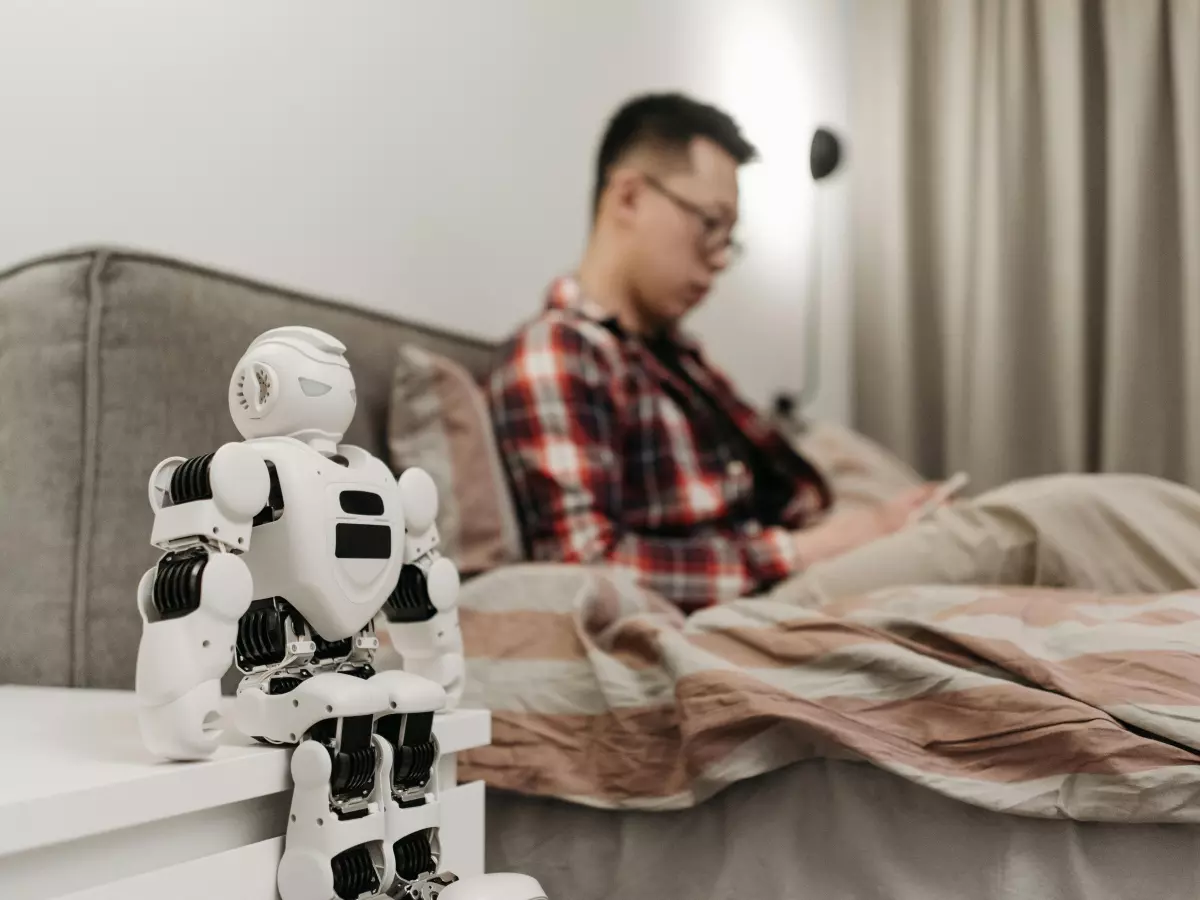Brains vs Bots
Ever wonder if AI can truly replace human intuition when it comes to processing data? Or is there still something about the human brain that machines just can’t replicate?

By Marcus Liu
It’s a question that’s been on the minds of data scientists, tech enthusiasts, and even casual observers for years. With AI making huge strides in data processing, it’s tempting to think that machines have already won the battle. But hold up—humans still have some tricks up their sleeves! Let’s dive into the nitty-gritty of AI vs human data processing and see where each shines.
Speed vs Understanding
First off, let’s talk speed. AI is a beast when it comes to crunching numbers, analyzing patterns, and processing massive datasets. Machines can sift through terabytes of information in minutes, something that would take humans months (or even years) to do. So, if you’re looking for raw speed, AI is your go-to.
But here’s the kicker: AI doesn’t “understand” data the way humans do. Sure, it can identify patterns, but it doesn’t have the ability to grasp the context or the meaning behind those patterns. Humans, on the other hand, can interpret data in ways that machines simply can’t. We can read between the lines, understand nuance, and apply real-world experience to make sense of complex situations.
Accuracy vs Flexibility
AI is incredibly accurate—when it’s trained properly. Machine learning models can be fine-tuned to deliver near-perfect results, especially in structured environments where the rules are clear-cut. Think of tasks like image recognition, where AI can outperform humans in identifying objects with precision.
But here’s the catch: AI struggles when the rules aren’t so clear. Unstructured data, like natural language or ambiguous situations, can throw AI for a loop. Humans, on the other hand, are much more flexible. We can adapt to new situations, make judgment calls, and handle ambiguity in ways that AI just can’t match—at least, not yet.
Consistency vs Creativity
One of AI’s biggest strengths is its consistency. Machines don’t get tired, they don’t make mistakes (unless they’re programmed to), and they don’t have off days. If you need a task done the same way, every single time, AI is your best bet.
But let’s not forget about creativity. Humans excel at thinking outside the box, coming up with innovative solutions, and approaching problems from different angles. AI, for all its power, is still limited by the data it’s trained on. It can’t “think” creatively or come up with new ideas on its own.
Cost vs Expertise
AI can save you a ton of money in the long run. Once you’ve invested in the technology, it can process data at a fraction of the cost of hiring a team of human analysts. Plus, it works 24/7 without needing a coffee break.
But here’s the flip side: AI requires expertise to set up and maintain. You need skilled data scientists and engineers to train the models, fine-tune them, and ensure they’re delivering accurate results. And let’s not forget about the ethical considerations—AI can be biased, and it takes human oversight to ensure that the data being processed is fair and unbiased.
Final Thoughts
So, who wins in the battle of AI vs human data processing? Well, it depends on what you’re looking for. If you need speed, consistency, and cost-efficiency, AI is the clear winner. But if you’re dealing with complex, unstructured data that requires creativity, flexibility, and real-world understanding, humans still have the edge.
In reality, the best approach is often a combination of both. AI can handle the heavy lifting, processing large datasets quickly and accurately, while humans can step in to interpret the results, make judgment calls, and apply creative solutions. It’s not about choosing one over the other—it’s about finding the right balance between brains and bots.





